Siddhartha
4.1
بر اساس نظر کاربران

شما میتونید سوالاتتون در باره کتاب رو از هوش مصنوعیش بعد از ورود بپرسید
هر دانلود یا پرسش از هوش مصنوعی 2 امتیاز لازم دارد، برای بدست آوردن امتیاز رایگان، به صفحه ی راهنمای امتیازات سر بزنید و یک سری کار ارزشمند انجام بدینکتاب های مرتبط:
Persian Summary
معرفی اجمالی کتاب 'Siddhartha'
کتاب 'Siddhartha' نوشته هرمان هسه یکی از آثار شاخص در ادبیات جهانی است. این کتاب که اولین بار در سال ۱۹۲۲ منتشر شد، جستجو برای معنا و روشنایی روحانی را به تصویر میکشد. داستان 'Siddhartha' نه تنها کاوشی دروننگرانه در زندگی یک فرد است، بلکه بازتابی از تغییرات و جستجوهای روحانی کل بشریت نیز به شمار میرود.
خلاصهای دقیق از کتاب
داستان 'Siddhartha' حول محور زندگی یک مرد جوان به نام Siddhartha جریان دارد که در جستجوی معرفت و حقیقت مطلق است. او در هند ماقبل تاریخ زندگی میکند و تصمیم میگیرد که از زندگی راحت خانوادگی خود دوری کند تا به دنبال روشنایی روحانی بگردد. در طول سفر خود، Siddhartha با شخصیتهای مختلفی مانندبودا و تاجران ثروتمند آشنا میشود. هر یک از این تجربیات به او بینش بیشتری نسبت به فلسفه زندگی و معنای خوشبختی ارائه میدهد.
با پیشرفت داستان، Siddhartha میآموزد که دانش حقیقت به سادگی از طریق آموزهها و کتابها نمیآید. او به زندگی ساده و تجربه مستقیم به عنوان راهی برای دستیابی به روشنایی پی میبرد.
نکات کلیدی
- جستجو برای معنا و حقیقت: 'Siddhartha' تجسم پرسشهای اساسی زندگی است که بسیاری از مردم در طول عمر خود با آن مواجه میشوند.
- نقش تجربه شخصی: کتاب تأکید دارد که روشنایی واقعی از طریق تجربه مستقیم و شخصی به دست میآید نه از طریق آموزههای سنتی یا کتابها.
- رابطه انسان و طبیعت: سفر Siddhartha نشان دهنده هماهنگیای است که انسان میتواند با دنیای طبیعی اطراف خود به دست آورد.
جملات معروف از کتاب
"آنچه باید آموختن، در همان زندگیکردن است."
"به همان اندازه که میخواهی رشد کنی باید بخواهی باشی."
چرا این کتاب مهم است
'Siddhartha' بخشی از ادبیات ژرفاندیشانه است که توانسته است مخاطبان بسیاری در سراسر جهان پیدا کند. تأکید این اثر بر خودشناسی و جستجوی حقیقت درونی باعث شده که این کتاب برای خوانندگانی که به دنبال رشد روحانی و معنوی هستند، ارزشمند باشد.
علاوه بر این، 'Siddhartha' به خاطر نثر زیبای هسه و توانایی او در خلق داستانی معنوی و آموزنده که مرزهای فرهنگی و جغرافیایی را در مینوردد، شناخته میشود. این کتاب مهمترین پرسشهای انسانی درباره زندگی و معنی آن را با زبانی ساده و گیرا بیان میکند، که همین امر باعث جاودانه شدن آن در عالم ادبیات شده است.
Introduction to 'Siddhartha'
'Siddhartha', written by Hermann Hesse, is a profound, philosophical novel that embarks on a journey of self-discovery, spiritual awakening, and the quest for inner peace. First published in 1922, the book is set in ancient India and delves deeply into the spiritual exploration of its protagonist, Siddhartha, who seeks enlightenment beyond the teachings of his traditional upbringing.
Detailed Summary
Siddhartha is a young Brahmin, blessed with intelligence and beauty, who embarks on a quest to explore the depths of his consciousness and the essence of his being. Dissatisfied with the prescribed rites and rituals of Hinduism, Siddhartha yearns for a deeper understanding of life and self. Alongside his friend Govinda, he leaves his home to join the ascetic group known as the Samanas who practice renunciation, in pursuit of spiritual fulfillment.
Despite following years of severe austerity, Siddhartha recognizes that enlightenment cannot be taught or given through ascetic practices or teachings. Disillusioned, he decides to seek out the teachings of Gautama Buddha. After listening to Buddha’s sermons, Siddhartha respectfully acknowledges Buddha’s wisdom but concludes that enlightenment is a personal journey, and the teaching, although enlightening, cannot serve his quest for personal truth.
Siddhartha then ventures into the world of sensual pleasures and material gain, where he meets Kamala, a courtesan, who teaches him the art of love, and Kamaswami, who instructs him in the ways of business and trade. Over time, Siddhartha accumulates wealth and power, but these indulgences leave him feeling empty and disillusioned.
Upon realizing the futility of wealth and desire, Siddhartha retreats to a river where he contemplates his life and hears its eternal voice, which leads him to enlightenment. He comes to understand the essence of unity and the interconnectedness of all things, embracing the river as a symbol of life’s constant flow and perpetual renewal. In his awakening, Siddhartha finds peace and fulfillment, recognizing that enlightenment comes from within and is an experiential knowledge beyond words.
Key Takeaways
- The pursuit of self-discovery is a personal journey that cannot be taught by external sources or solely through religious doctrine.
- Life’s true essence is found in understanding the unity of all existence, exemplified by the river’s symbolism.
- Material wealth and sensual pleasures cannot fulfill the soul’s longing for meaning and connection.
- Enlightenment and wisdom are experiential and often transcend conventional academic teachings.
Famous Quotes from the Book
"I can think, I can wait, I can fast."
"The river is everywhere at the same time, at the source and at the mouth, at the waterfall, at the ferry, at the current, in the ocean and in the mountains, everywhere."
"One must find the source within one's own Self, one must possess it."
Why This Book Matters
'Siddhartha' transcends simple narrative to explore deeply philosophical questions about existential purpose and the human condition. It provides insight into Eastern spiritual traditions while appealing to universal human experiences related to personal growth and inner fulfillment. Hermann Hesse’s work is revered not only for its literary brilliance but also for its timeless messages, which emphasize introspection and personal spirituality over dogma. 'Siddhartha' continues to inspire readers on their own journeys towards self-understanding, challenging them to look within for answers and to embrace the flow of life like the river itself.
دانلود رایگان مستقیم
شما میتونید سوالاتتون در باره کتاب رو از هوش مصنوعیش بعد از ورود بپرسید
دسترسی به کتابها از طریق پلتفرمهای قانونی و کتابخانههای عمومی نه تنها از حقوق نویسندگان و ناشران حمایت میکند، بلکه به پایداری فرهنگ کتابخوانی نیز کمک میرساند. پیش از دانلود، لحظهای به بررسی این گزینهها فکر کنید.
این کتاب رو در پلتفرم های دیگه ببینید
WorldCat به شما کمک میکنه تا کتاب ها رو در کتابخانه های سراسر دنیا پیدا کنید
امتیازها، نظرات تخصصی و صحبت ها درباره کتاب را در Goodreads ببینید
کتابهای کمیاب یا دست دوم را در AbeBooks پیدا کنید و بخرید
1820
بازدید4.1
امتیاز0
نظر98%
رضایتنظرات:
4.1
بر اساس 0 نظر کاربران
Questions & Answers
Ask questions about this book or help others by answering
No questions yet. Be the first to ask!
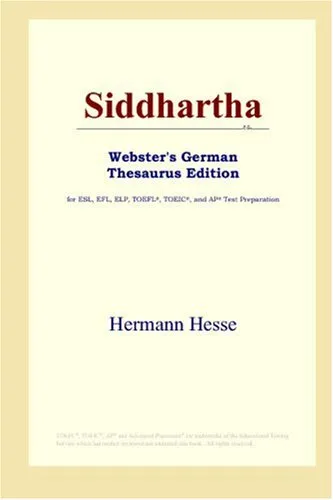

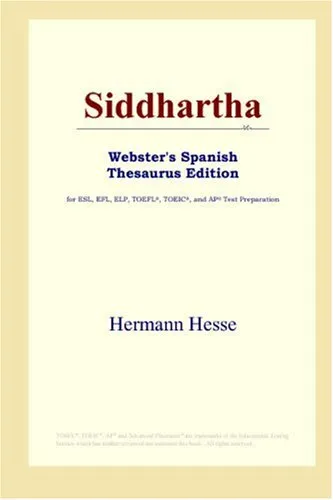
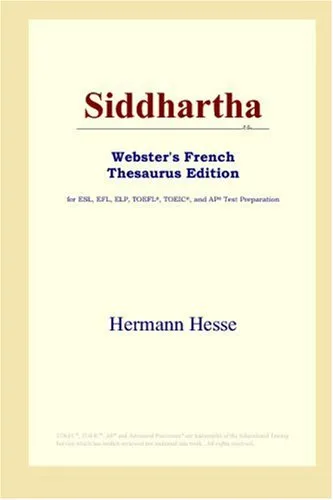

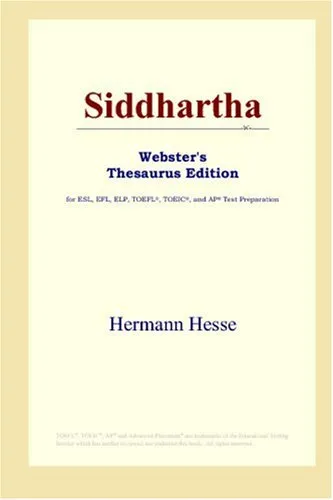
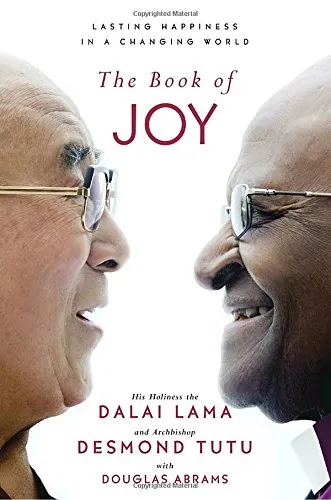
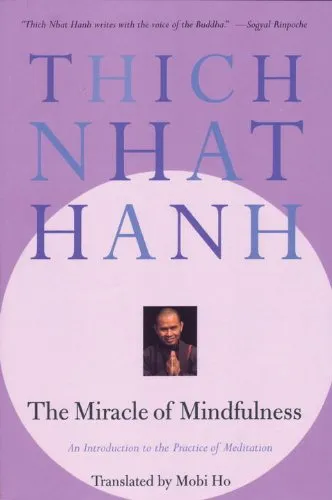
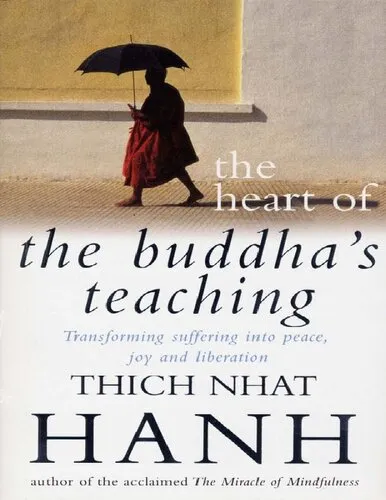
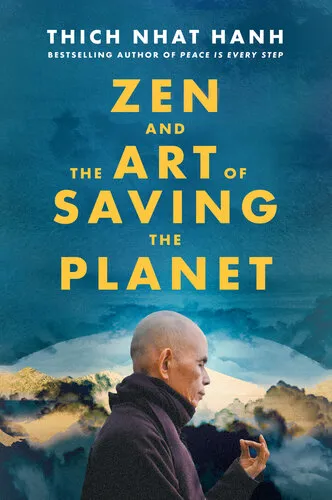
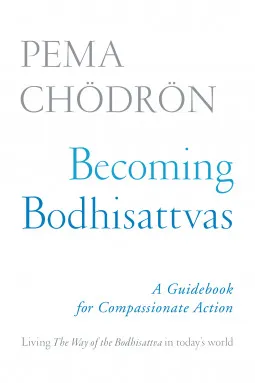
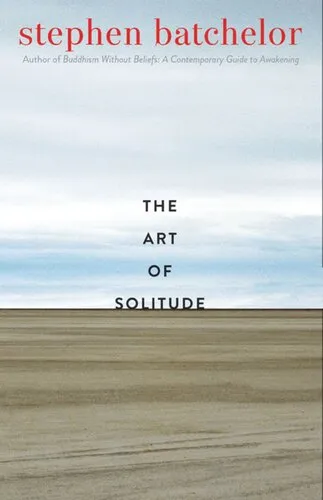
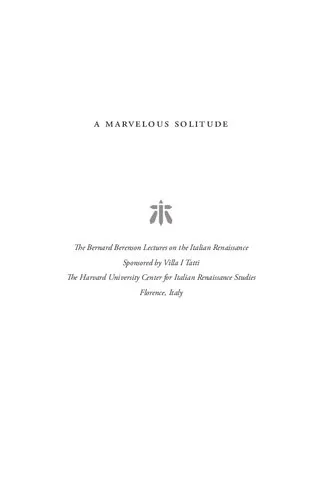

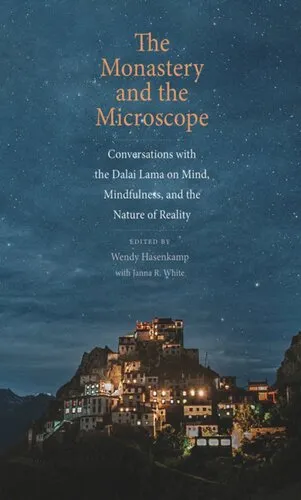
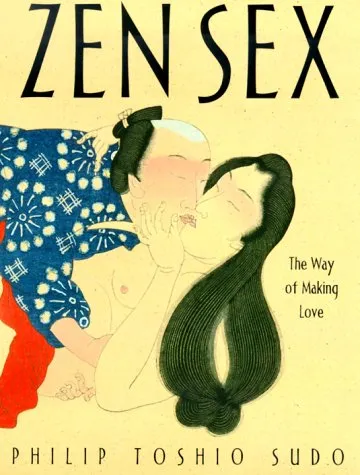
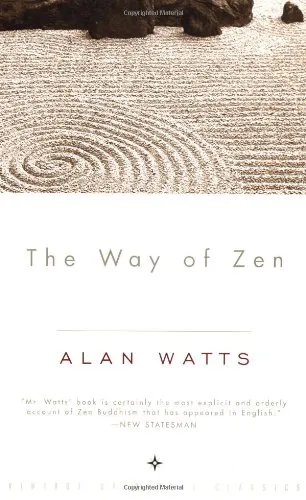
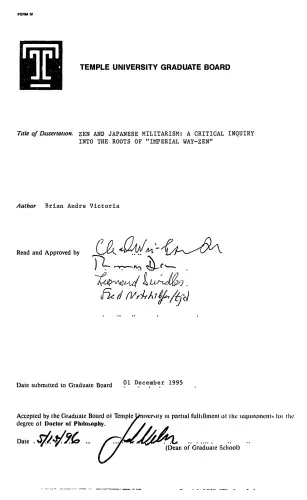
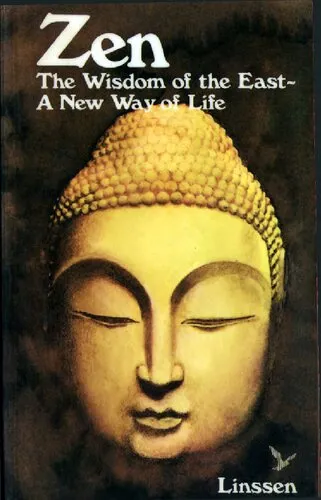
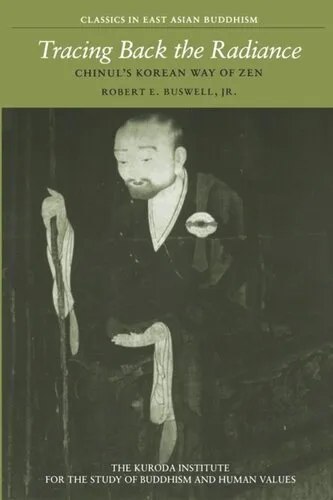
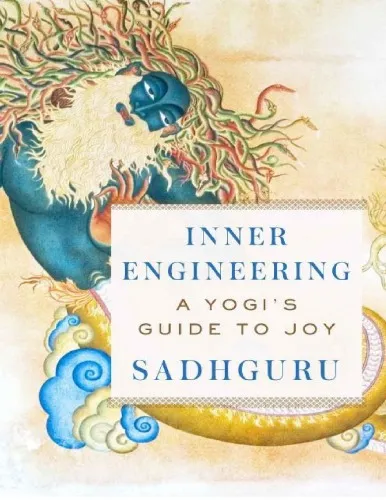
![Inner Engineering: A Yogi's Guide to Joy [Paperback] [Jan 01, 2014] SADHGURU](https://s3.refhub.ir/images/thumb/Inner_Engineering__A_Yogi_s_Guide_to_Joy__Pap_6491.webp)
